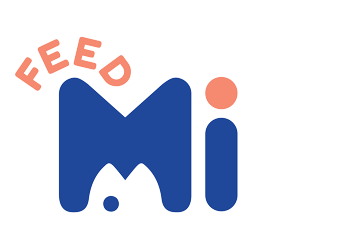Welcome to FeedMi website!
Improvements in resistance to diseases, stress and environmental sustainability in aquaculture systems through nutritional tools and modulation of microbial communities.

Improvements in resistance to diseases, stress and environmental sustainability in aquaculture systems through nutritional tools and modulation of microbial communities.
The early stages of fish development chiefly determine the rearing success in aquaculture. A few weeks after hatching, the introduction of inert microdiets occurs and a continuous effort is need to continue optimisation of fish growth performance and survival. Although it is known that diets can improve immunocompetence and promote resistance to stress and colonization of the intestine by pathogenic bacteria, little is known about how microdiets modulate immunocompetence during this period.
FeedMi project will respond to this knowledge gap by optimizing early stages diets and modulate microbial processes in biofilters of Aquaculture Recirculation System (RAS) to improve immunocompetence and promote resistance to stress to ultimately produce fish using environmentally friendly techniques and provide healthy and nutritious fish to the final consumer.
Project FeedMi aims at developing a set of nutritional and management tools that will contribute to an optimisation of husbandry practices for the early stages of fish development at an industrial scale. Focusing on Senegalese sole, but also including seabream and sea bass as model species, project FeedMi will:
1 – Create functional diets for the early stages of fish (up to 10 g) that will improve their immunocompetence and / or promote resistance to stress and colonization of the intestine by pathogenic bacteria. These new formulas should assess the potential for new ingredients (e.g., microalgae, yeasts), as well as immunostimulants, amino acids, micronutrients, antioxidants and prebiotics available on the market.
2 – Create a software tool to improve feed management in sole.
3 – Create technology to modulate the microbial community of fish farming biofilms, optimizing water quality by reducing the proliferation of pathogenic organisms. This will improve the well-being and health of fish produced in systems with water recirculation and promotes environmental sustainability in aquaculture.
4 – Demonstrate FeedMi innovations on an industrial scale.
FeedMi project will provide optimized nutritional and sanitary conditions for the industrial production of sole, enhancing growth and survival in the early stages of development. These improvements in production will help the sole to establish itself as a strong alternative to the dominant products on the market in Mediterranean countries – sea bass and sea bream. The FeedMi project also intends to create functional foods for bream and sea bass larvae and juveniles, in order to make the hatcheries of these species in Mediterranean countries more economically and environmentally sustainable.

